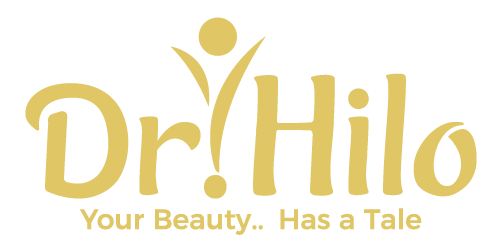Propolis, a natural resinous compound produced by bees, is gaining increasing attention in the cosmetics and pharmaceutical industries for its powerful antimicrobial, anti-inflammatory, and antioxidant properties. Rich in flavonoids and bioactive compounds, propolis offers a wide range of skin care benefits—from soothing irritated skin and fighting acne to supporting wound healing and reducing signs of aging. In pharmaceutical applications, it is celebrated for its immune-boosting and antibacterial effects, making it a potent natural alternative for topical treatments and oral care products. As consumers seek cleaner, more effective ingredients, propolis is becoming a star in both natural beauty and medical formulations.
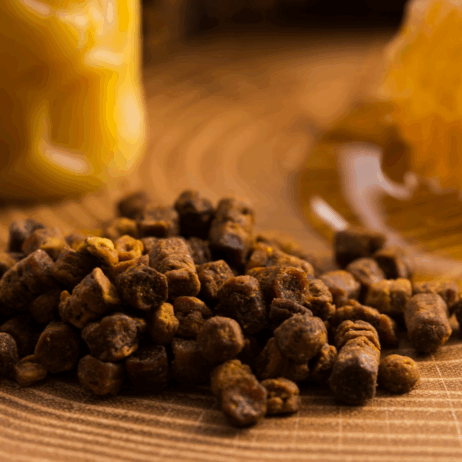
Propolis in Skin Care
Propolis, often referred to as “bee glue,” has become one of the most talked-about natural ingredients in modern skincare. Derived from the resin bees collect from plants and use to protect their hives, propolis is now being used in a wide range of cosmetic products due to its powerful antioxidant, antibacterial, and anti-inflammatory properties. Recently, researches have shown that propolis offers tangible skin health benefits, making it a standout in clean beauty formulations.
Propolis offers a wide range of skincare benefits, making it a valuable ingredient in both modern and natural beauty products. One of its most celebrated properties is its powerful antioxidant protection. Rich in flavonoids and phenolic compounds, propolis helps neutralize free radicals, shielding the skin from environmental stress, pollution, and premature aging. Research shows that consistent use of propolis-infused serums or creams can noticeably enhance skin tone and texture. In addition, propolis is well-known for its anti-inflammatory and skin-soothing effects. People with sensitive or inflamed skin often turn to propolis for relief, as it helps calm redness, reduce irritation, and ease conditions like eczema, rosacea, and even post-procedure skin sensitivity without causing further discomfort.
Another major benefit of propolis is its role as a natural acne treatment. Its antimicrobial activity is particularly effective against acne-causing bacteria such as Cutibacterium acnes, while its regenerative properties support faster wound healing and reduce acne scarring.
As a result, many dermatologists now recommend propolis-based skincare products as a gentle alternative to harsher acne treatments like benzoyl peroxide.
Propolis also plays a critical role in hydrating the skin and supporting barrier repair. Acting as a natural humectant, it draws moisture into the skin and helps retain it, while strengthening the lipid barrier—making it especially beneficial for dry or compromised skin.
Lastly, propolis offers impressive antibacterial and wound-healing benefits beyond just acne treatment. It has been shown to speed up the healing of minor cuts, burns, and abrasions. Today, many cosmetic and dermatological brands are incorporating propolis into balms, ointments, and lip care products to leverage these restorative effects. Together, these properties make propolis a powerhouse ingredient for healthy, resilient, and balanced skin.
Dr. Hilo offers a specialized soap enriched with propolis, designed to address skin irritations, burns, and inflammation. This natural soap combines the healing properties of propolis with coconut and olive oils, creating a gentle yet effective solution for various skin concerns: Propolis Soap for burns and inflammation
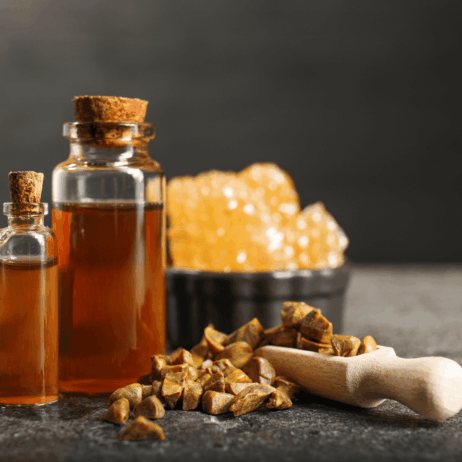
Propolis in Wound Healing
Propolis has gained recognition in recent years as a powerful natural agent for wound healing, with its use supported by both traditional medicine and modern scientific research. Thanks to its rich content of flavonoids, phenolic acids, and essential oils, propolis exhibits strong antimicrobial and anti-inflammatory properties that help prevent infection and accelerate tissue regeneration. When applied to wounds, cuts, or burns, propolis forms a protective barrier that not only shields the skin from pathogens but also stimulates the skin’s natural healing processes. New studies published have shown that propolis enhances collagen production, supports cell regeneration, and reduces oxidative stress at the wound site—factors that contribute to faster healing with minimal scarring. Its ability to modulate the immune response also makes it particularly beneficial in chronic wounds or conditions like diabetic ulcers, where healing is typically delayed. In cosmetic and dermatological products, propolis is now being formulated into ointments, balms, and soaps—such as Dr. Hilo’s ProCare Ointment for burns and skin cracks a natural ointment rich in honey and propolis for ultra skin care. Helps in reducing burn marks and skin rash, in addition to deeply nourishing the skin as it contains olive oil, lavender oil and bees’ wax. It also helps in reducing cracks of heals and different areas of the body to enjoy a soft and healthy touch: ProCare Ointment for burns and skin cracks
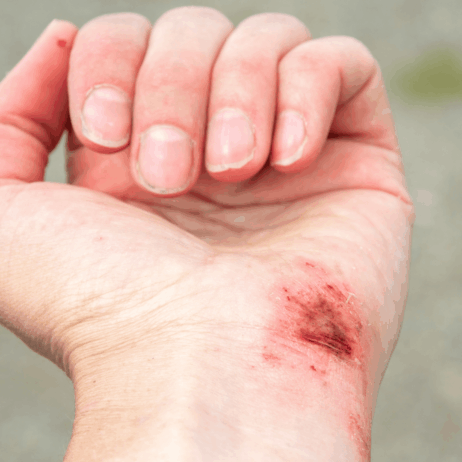
- Propolis in Hair Care
A study published in Advances in Biomedical Research investigated the effects of propolis on hair growth. The researchers found that propolis stimulated hair growth by inducing anagen (growth phase) in hair follicles, promoting keratinocyte proliferation, and enhancing the migration of hair matrix cells into the hair shaft. These findings suggest that propolis can play a role in stimulating hair growth and improving hair follicle health.
Additionally, propolis’s anti-inflammatory properties can help reduce scalp irritation and inflammation, conditions that may contribute to hair loss. By promoting a healthier scalp environment, propolis supports stronger, more resilient hair growth.
Dr. Hilo’s Propolis & Rosemary Shampoo combines the therapeutic properties of propolis with rosemary extract to address common hair and scalp issues. Rosemary is rich in antioxidants that protect hair from damage and contribute to reducing hair loss. It also helps delay the appearance of hair greying.
This shampoo works to strengthen hair roots and follicles, helping to reduce hair loss over time. It effectively combats stubborn dandruff and soothes the itching that often accompanies it. Additionally, it helps calm scalp inflammation and eczema, promoting a healthier scalp environment. By protecting hair from daily damage, it supports overall hair vitality and may even help reduce the appearance of premature hair greying: Propolis and Rosemary Shampoo for hair loss and stubborn dandruff
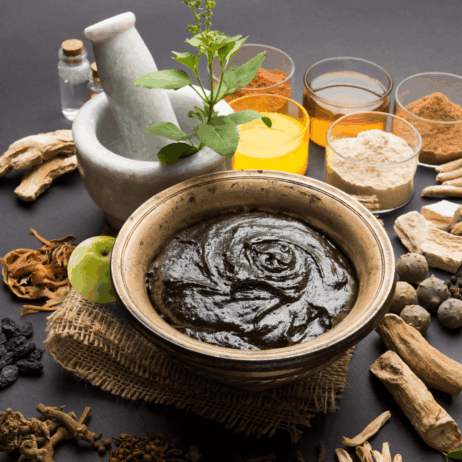
References:
- Kubat, Mehmet, et al. “Effect of Propolis on Wound Healing in Sacrococcygeal Pilonidal Disease: A Randomized Controlled Clinical Trial.” Pakistan Journal of Pharmaceutical Sciences, vol. 34, no. 3(Supplementary), May 2021, pp. 1063–1067, pubmed.ncbi.nlm.nih.gov/34602433/.
- Miyata, Shota, et al. “Stimulatory Effect of Brazilian Propolis on Hair Growth through Proliferation of Keratinocytes in Mice.” Journal of Agricultural and Food Chemistry, vol. 62, no. 49, 26 Nov. 2014, pp. 11854–11861, https://doi.org/10.1021/jf503184s. Accessed 9 Sept. 2024.
- The, Bioactives. “The Active Bio | Cosmetic Shape of Science.” The Active Bio | Cosmetic Shape of Science, 20 Feb. 2025, activebioworks.com/blog/propolis-bioactives-the-next-gen-solution-for-skin-barrier-and-protection. Accessed 15 June 2025.
